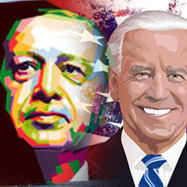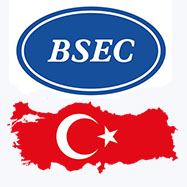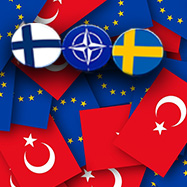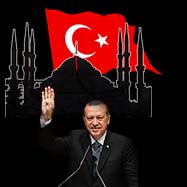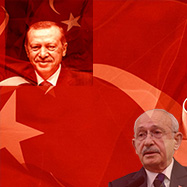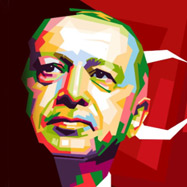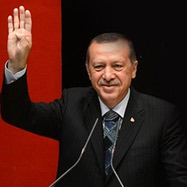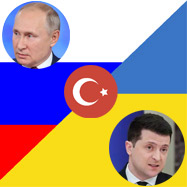Erdogan’s Turkey: Politics, Populism and Democratisation Dilemmas
The nearly two decades of Adalet ve Kalkinma Partisi (AKP; Justice and Development Party) rule has raised a number of questions on the advancement or reversal of democratisation in Turkey. Besides the partisan debate on increasing authoritarian behaviour of Erdogan, there have been limited attempts to comprehensively examine the way AKP has shaped the Turkish politics in the context of the democratisation debate.

